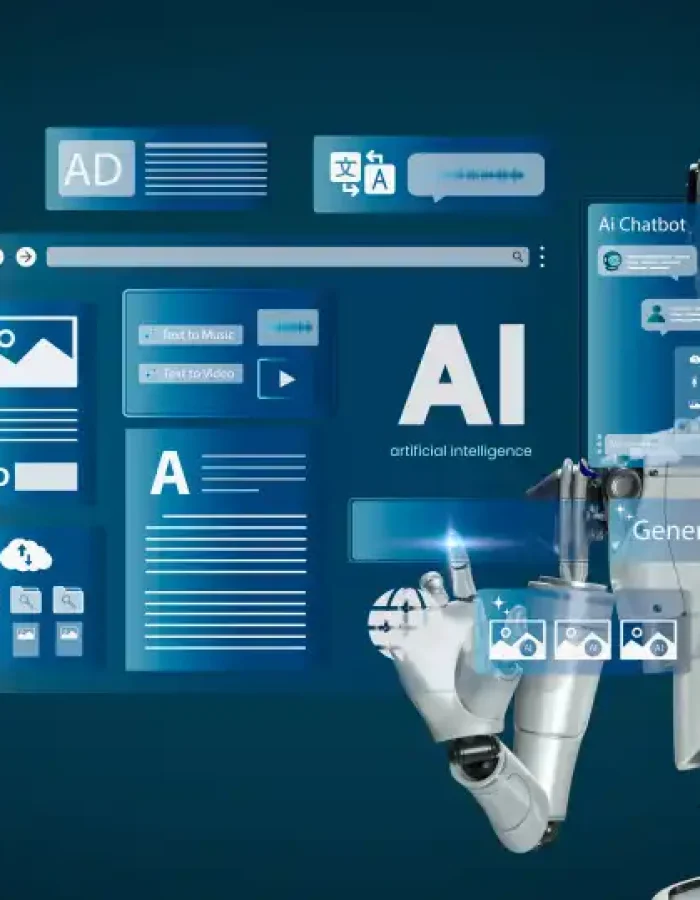ai-transforms-incident-response
How AI Transforms Incident Response from Reactive to Proactive
The Problem: Traditional Incident Response is Slow and Inconsistent
In a traditional SOC, your team manually triages thousands of alerts, many of which turn out to be false positives. Between filtering through alerts, conducting root cause analysis, and actually responding, incidents can go unnoticed for hours. In worst-case scenarios, attackers can spend hours—even days—moving through your systems undetected.

The AI-Powered Solution: Faster Detection and Triage
Ok, let’s talk AI.
The significant advantage AI brings to the table is speed. While our human SOC team is reading through alerts and mentally deciding on the next logical steps, AI is already doing its thing—triaging alerts, identifying anomalies, and prioritizing incidents that actually need attention. AI-powered incident response tools detect and categorize threats in real time, slashing the time it takes to identify serious issues.
In the time it takes your analyst to read through a single alert, AI tools will have triaged, started gathering evidence, analyzed logs, made a decision, and created a report.
But it’s not just about faster detection. AI like SOCFirst handles all the initial legwork for the first stages of incident response. They can determine whether an alert is a legitimate threat, correlate it with known attack patterns, and decide if your SOC team even needs to get involved.
The Future of AI in Incident Response
Let’s be honest. AI isn’t here to replace your SOC team, but it’s definitely changing how they do their job. AI will continue to improve, especially with its ability to process unstructured data and make contextual decisions.
In the future, AI might even predict incidents before they happen, analyzing emerging attack vectors and automatically deploying defenses. It would be like having a crystal ball for cyber threats, and that’s a future that I think is worth getting excited about!
This is a guest blog from Ushi Heffernan, Co-Founder & Lead Security Engineer/Consultant, HackerHaus Security Solutions. Ushi is a former police detective, police digital forensic examiner and federal taskforce member turned cyber security professional and expert. She has taken her experience from L3Harris, Mandiant, and Google Cloud and is now running her own Cyber Security Firm, HackerHaus Security Solutions, LLC, focused on working with orgs of all sizes, with a special passion in helping small and medium sized business find cost effective solutions to meet the growing cybersecurity needs they face
AI and Incident Containment
So, you detect a real threat—now what?
This is where the magic happens! AI doesn’t just sit around waiting for someone to hit the big red button. Intezer’s platform can take action, isolating infected devices, blocking malicious IPs, and stopping attackers from moving deeper into your network—sometimes before the team finishes their morning meeting.
This real-time response capability is a game-changer for incident containment. AI doesn’t just react; it’s proactive, constantly learning and adapting based on every threat it encounters, making your system more secure and prepared to face evolving threats.


